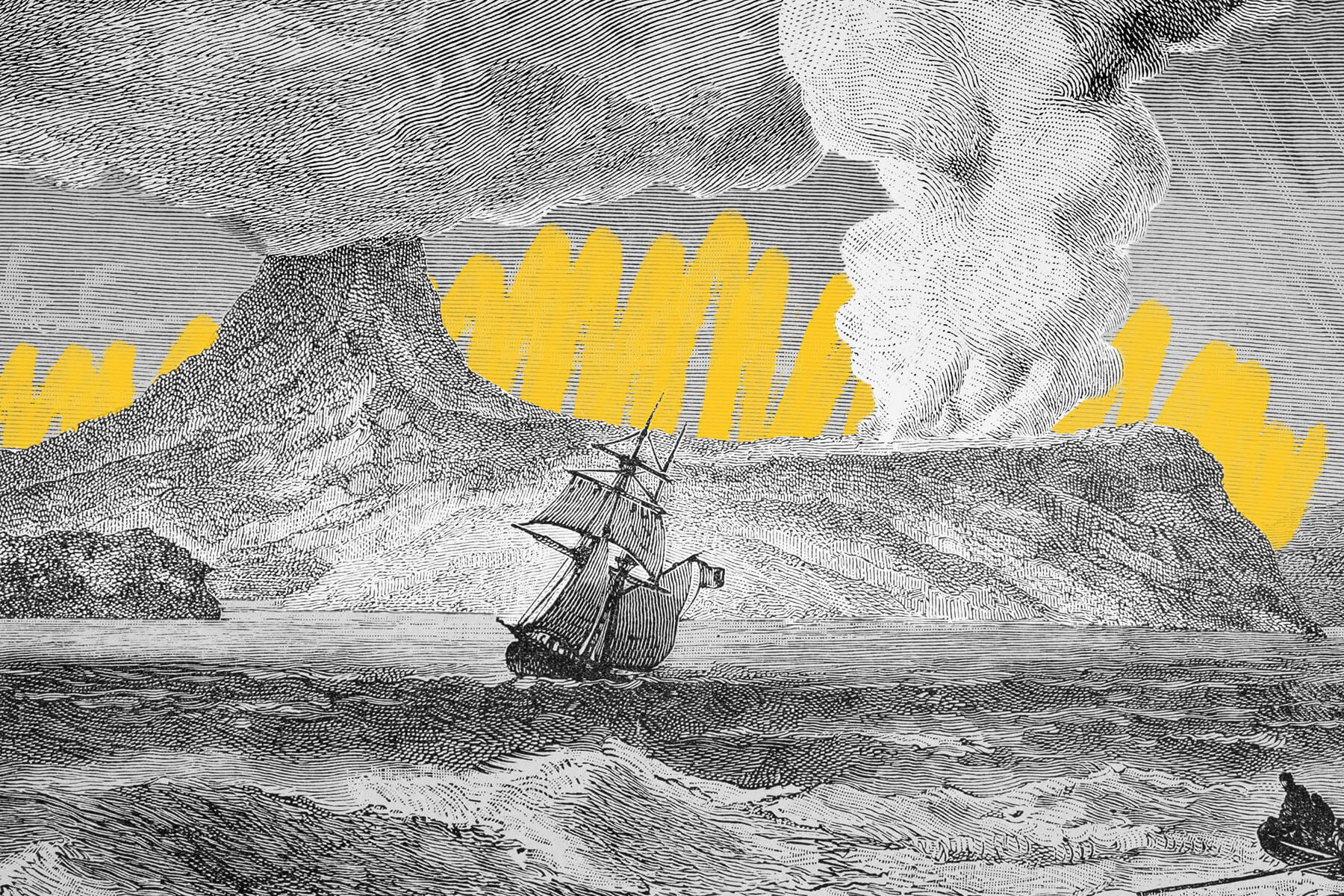The loudest known sound was the eruption of the Krakatoa volcano.
On May 20, 1883, Krakatoa, a volcano on Rakata Island in Indonesia, erupted with a force never seen — or heard — on Earth. Some 1,300 miles away, residents of islands in the Bay of Bengal reported hearing a series of blasts “resembling those of artillery.” Even farther away, reports from islands in the western Indian Ocean recorded a “distant roar of heavy guns.” As the speed of sound is around 767 miles per hour, Krakatoa’s loud awakening took four hours to reach the distant island of Rodrigues (near Mauritius) roughly 3,000 miles away — and it still delivered sounds as loud as a gun blast.
At an estimated 310 decibels, the eruption of Krakatoa is the loudest sound ever recorded in human history. In fact, Krakatoa was so loud that for those in close proximity, the sound of the eruption wasn’t a sound at all. That’s because at 194 decibels, acoustic vibration transforms into a shock wave of a sonic boom, and the Krakatoa shock wave was so massive, it circled Earth four times before finally dissipating. For a full five days, weather stations around the world experienced spikes in pressure every 34 hours — approximately how long it takes for sound to circumnavigate the globe. The Krakatoa eruption was one of the most powerful in history, due to a buildup of pressure in the magma chamber. It delivered the equivalent force of a 200-megaton bomb — four times as powerful as the largest-ever thermonuclear explosion, Tsar Bomba, which produced the loudest human-made sound in history.
You may also like
Recommendations For You
-
01.
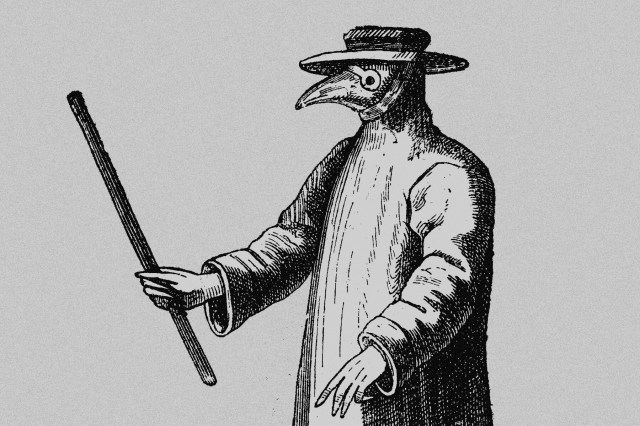 Science & Industry
Science & IndustryWhy Did Doctors Wear Beak Masks During the Bubonic Plague?
-
02.
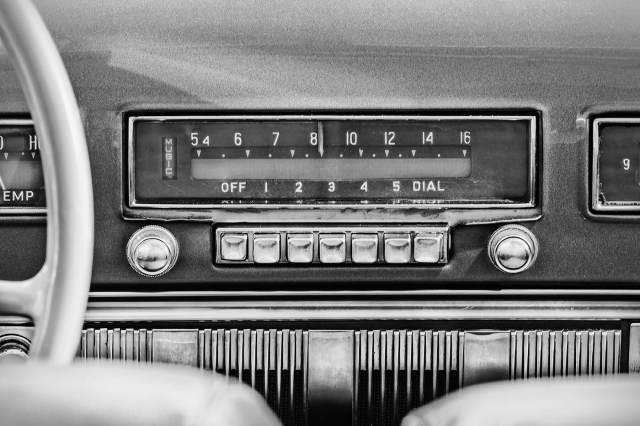 Science & Industry
Science & Industry5 Inventions That Came Out of the Great Depression
-
03.
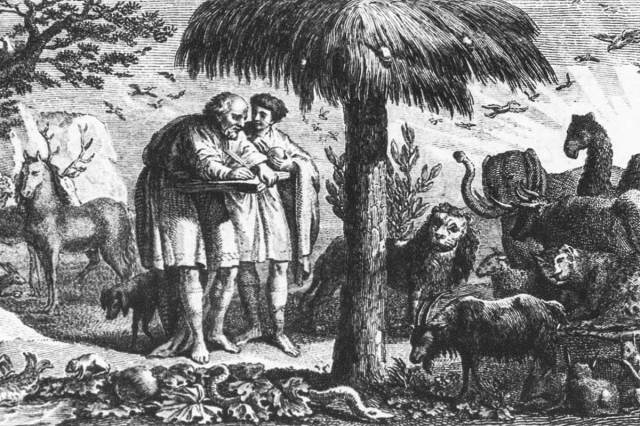 Science & Industry
Science & Industry6 Amazing Breakthroughs Made by the Ancient Greeks
-
04.
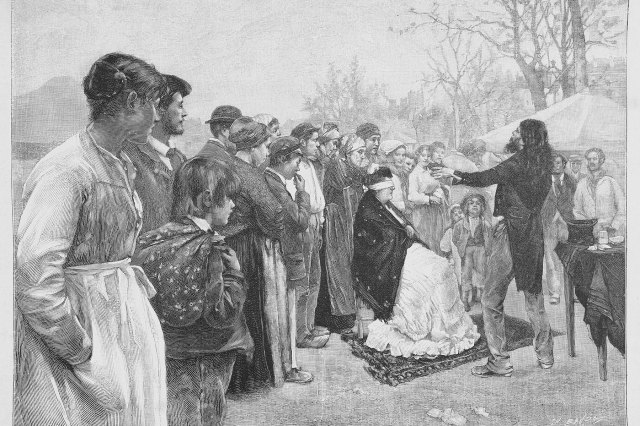 Science & Industry
Science & Industry6 Shocking “Scientific” Beliefs From Victorian England





